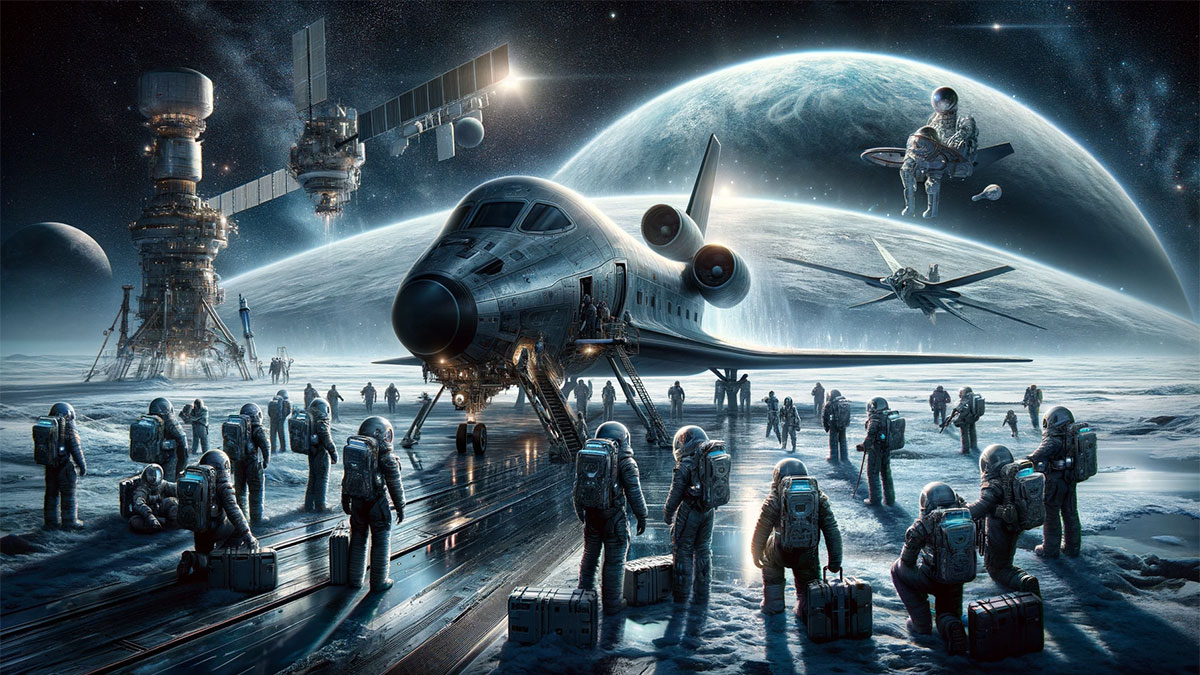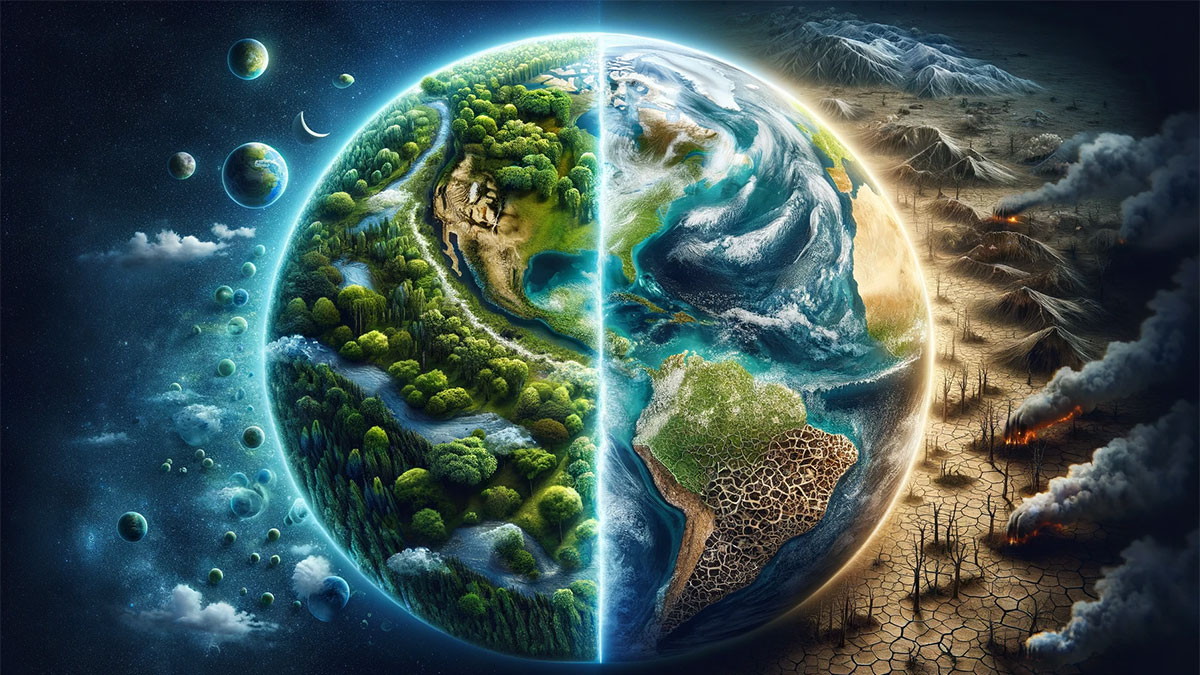Peering a millennium into the future to predict the trajectory of technological advancement is not just an exercise in creativity, but also a reflection of the current trends, scientific theories, and imaginative possibilities that define our era.
While making precise predictions for the next 1000 years is challenging, we can speculate based on the exponential growth of technology, emerging scientific breakthroughs, and the evolving needs of humanity.
Highlights:
- Technology is expected to undergo profound changes over the next 1000 years.
- Biotechnology holds the potential to eradicate genetic diseases and enhance human capabilities.
- The future may bring sustainable energy, advanced environmental technologies, and transformative virtual realities.
The Evolution of Artificial Intelligence and Robotics
Artificial intelligence is projected to transcend its current capabilities. This includes advanced problem-solving, emotional intelligence, and creativity, leading to transformative changes in various fields.
AI Becomes Ubiquitous
In the next 1000 years, artificial intelligence (AI) is expected to continue becoming more ubiquitous and integrated into every aspect of human life. Today, AI is already making strides in areas like healthcare, finance, and entertainment.
Robotics and Human Life
Robotics, closely tied to AI, will likely see transformational changes. We might witness the emergence of highly advanced, autonomous robots capable of performing complex tasks and making independent decisions.
In a study by PwC, it’s projected that by 2030, robots could contribute up to $15 trillion to the global economy, a trend that could exponentially increase over the centuries.
Biotechnology and Human Enhancement
Genetic Engineering and Disease Eradication
Biotechnology, especially genetic engineering, is expected to evolve dramatically. Techniques like CRISPR and gene therapy, which are in their infancy today, could lead to the eradication of genetic diseases and the enhancement of human capabilities. A future where genetic disorders are a thing of the past isn’t far-fetched.
Human Augmentation
Human augmentation, which involves enhancing human abilities via technology, might become commonplace. This could range from neural implants boosting cognitive functions to exoskeletons enhancing physical capabilities, as projected by research in neurotechnology and biomechanics.
Space Exploration and Colonization
Interstellar Travel
Humanity’s long-held dream of interstellar travel may become a reality. With the current pace of advancements in space technology, it’s conceivable that within a millennium, humanity will have developed the means to travel, and possibly, colonize other planets or even galaxies. Concepts like the warp drive, currently theoretical, could be operational, allowing faster-than-light travel.

Colonizing Other Worlds
The colonization of other planets, a topic of current research by agencies like NASA and private companies like SpaceX, could be an accomplished feat. Habitable structures on planets like Mars, or even terraforming technologies to make other worlds more Earth-like, could be well-established.
Energy and Environmental Technology
Sustainable Energy
In the realm of energy, the shift to sustainable sources is expected to be complete. Fossil fuels, today’s primary energy source, might be obsolete, replaced by renewable sources like solar, wind, and perhaps even fusion energy, currently in experimental stages.
Environmental Restoration
Technologies for environmental restoration and climate control could be highly advanced. We might have the technology to reverse climate change effects, restore damaged ecosystems, and efficiently recycle resources, as indicated by current research in environmental science.
Digital Worlds and Virtual Reality
Advanced Virtual Reality
The concept of virtual reality (VR) and augmented reality (AR) is expected to evolve to levels indistinguishable from reality. Virtual worlds could be as common as physical ones, offering experiences that blur the lines between the two.
Digital Immortality
The idea of digital immortality, where human consciousness can be uploaded to computers, is a topic of current debate and research. While it remains a concept of science fiction today, in a millennium, it could be a reality, fundamentally changing the human experience of life and death.
Conclusion
Predicting technology over the next 1000 years involves a significant leap into the unknown. However, based on current trends and scientific theories, we can envision a future where technology is deeply integrated into every facet of human existence, transforming the way we live, work, and interact with our environment.
This future will likely be marked by incredible advancements in AI, biotechnology, space exploration, energy, and digital realities. While such predictions are speculative, they are rooted in the ongoing exponential growth of technology and the limitless potential of human innovation.

